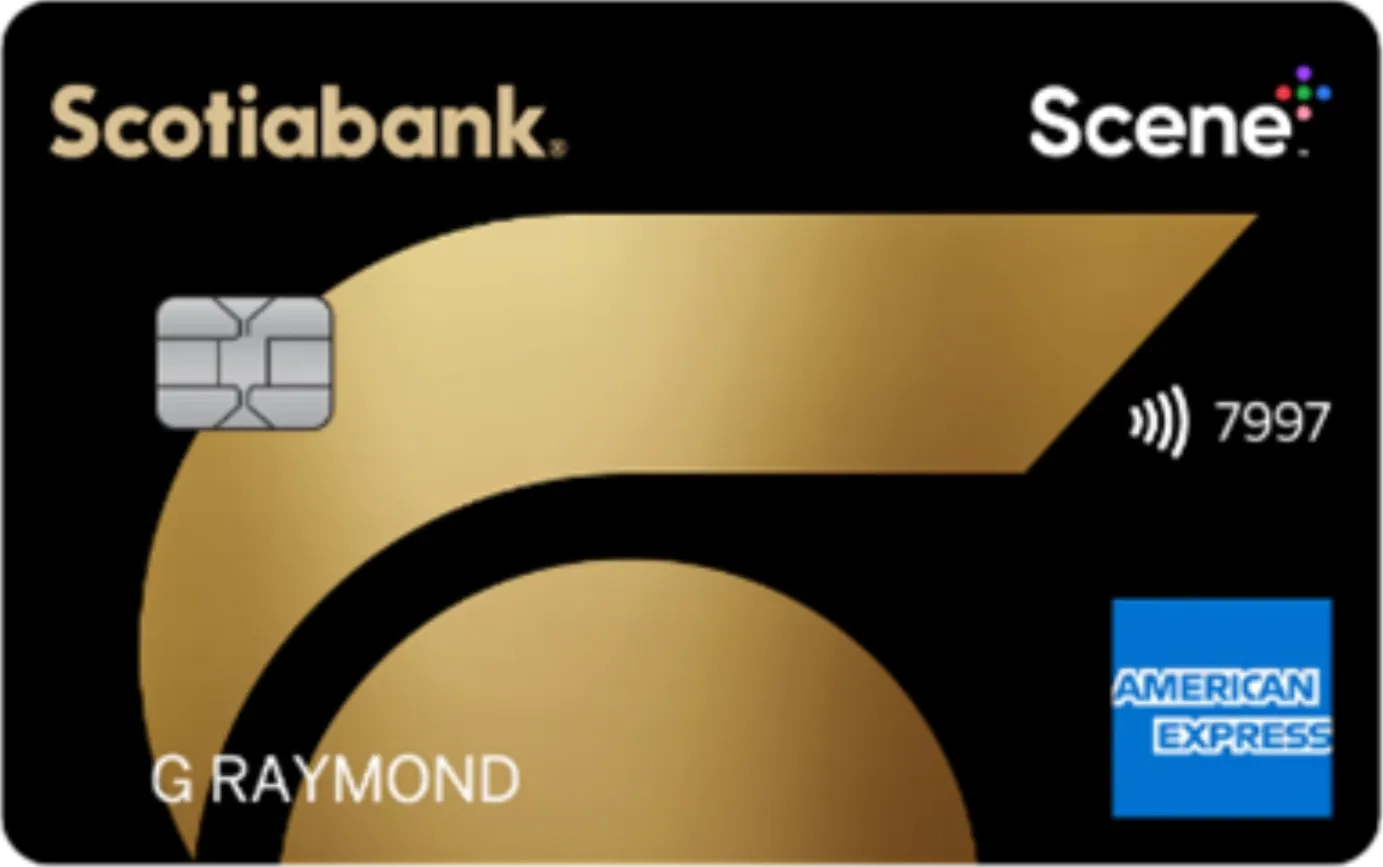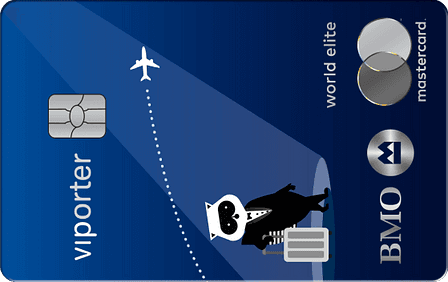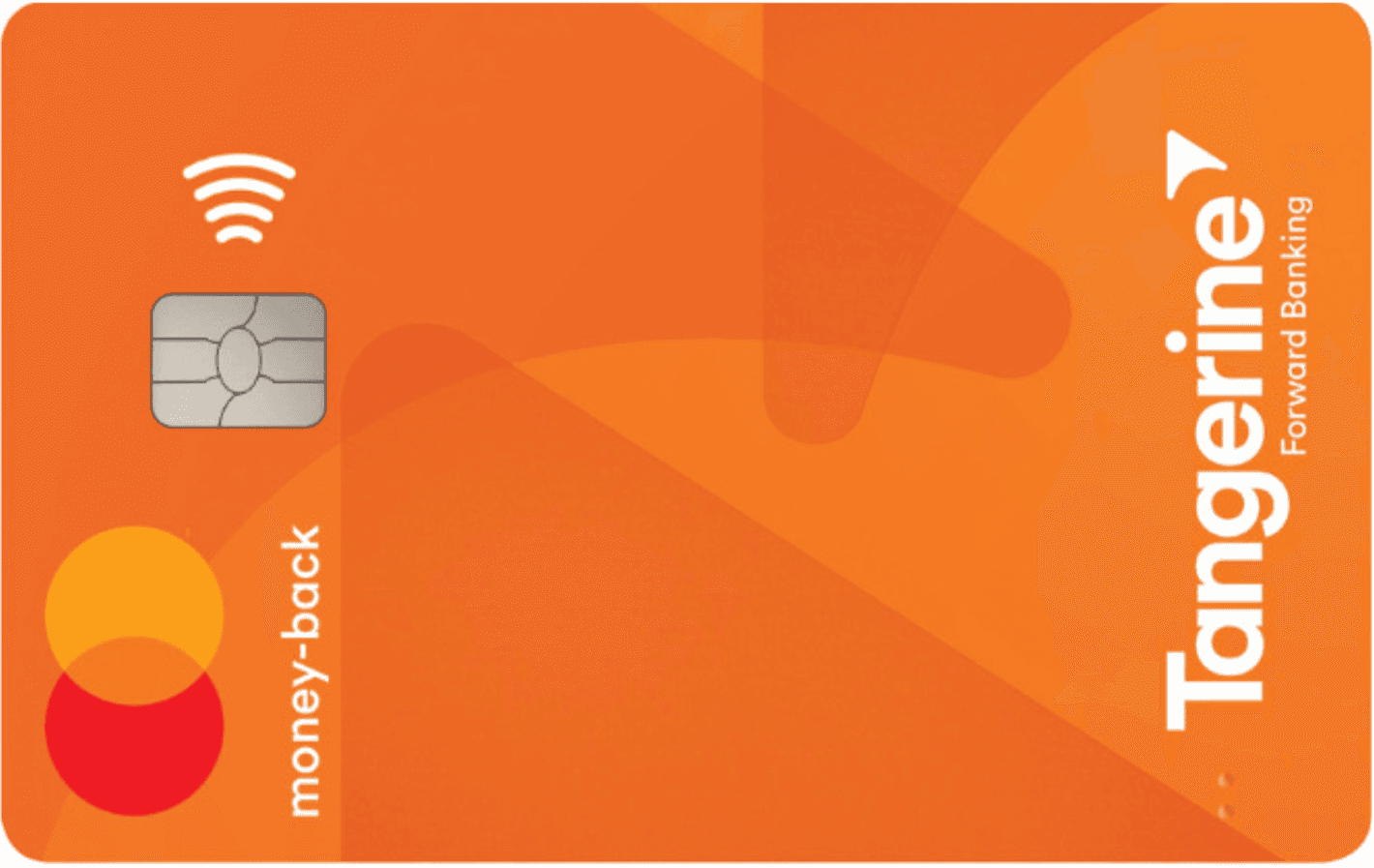
When Credit Cards Expire in Canada
Published Dec 17, 2024 8:42 PM UTC • 8 min read
Credit cards are a real lifesaver in this electronically advanced world. You get the freedom from keeping paper money and rather rely on your credit card for your financial transactions, but do you know that credit card also expires?
If you already have a credit card, then you might have seen the expiry date mentioned on it. Care to know what that expiry date means, when credit cards expire, how expiry works, and the most important question of all, why do credit cards expire?
Well, you will get answers to all your queries in this blog. So gear up and get ready to learn about a credit card's expiry date.
What is meant by credit card expiry
First, let's see what a credit card expiry date means. It is the date when your credit card will stop working and will not be used for any sort of transaction, whether online or in-store. It doesn't mean that your account will no longer work; rather, it means that only the card will not respond to financial transactions. But don't worry; you will receive a new card from your responding bank, and your credit card routine will be back on track.
When credit cards expire
In Canada, credit cards are valid for 3 to 5 years. The expiry may vary from bank to bank between the period of 3 to 5 years. The credit card expiry is mentioned on each card which can be easily located.
In Canada, the expiry date can be mentioned on the front or back side of the card. There is no rule as to which side the expiry date should be printed, and it can vary from bank to bank. The expiry date is mentioned in the format of 4 digits or 2 pairs in which the first two figures or pair represents the month and the latter 2 digits, or pair, represents the year.
For instance, if the expiry date on your credit card says 09/25, then it means that the card will expire in the 9th month (September) in 2025. Many people find it confusing as to when the card will actually expire, as no date is mentioned.
In Canada, every credit card expires on the last day of the month mentioned on the card. For the example mentioned above, the card will expire on the 30th of September (the last day of the month).
What happens when a credit card expires
You won't have to worry about approaching the expiry date of your credit card. In Canada, the banks work vigilantly, and they usually mail the new cards prior to the expiry date of the current credit card. Usually, the banks send the new card 30 to 60 days earlier to give a fair time for cardholders to activate the new card.
Steps to follow after receiving a new credit card
When you receive the new credit card in the mail, you will also receive the instructions to activate your new card. Just follow the instructions to activate your card to keep enjoying financial freedom and conduct electronic transactions.
However, activating credit cards is not enough. You need to update the information on your mobile application or online forums where you have to send recurring payments. This is so because the new credit card will have a new CVV (card verification value) and expiry date.
This new information is mandatory to conduct transactions once you reach the expiry date. This is why it is better to update the information to make sure your transactions don't fail to process.
What to do with an expired credit card?
The expired credit card is simply of no use. If you try to use the card in-store for a purchase or enter details for digital shopping, then your transaction will be rejected. But still, you mustn't just throw away your credit card. You need to dispose of it adequately as it still has sensitive information.
You can dispose of it by cutting it into small pieces with the help of a scissor and then throwing it away. For better protection, you can throw the pieces in different garbage bags or on different days. You can put the card in a shredder machine if available. You should also thoroughly check the envelope you receive from the bank with the new credit card. Because some banks also send sealable envelopes to enclose the old credit card. You can mail the old credit card in that envelope to the bank, and they will dispose of it securely on your behalf.
Why do credit cards expire?
The most pressing question is why credit cards expire in the first place. They don't seem perishable like an eatable or even paper money. Then what is the need to put up an expiry date on credit cards? Well, the expiry date results from a well-planned utilization of credit cards. There are several reasons behind this expiration date. You must be intrigued to know those reasons. Here are the major reasons behind putting the expiry date on credit cards:
- Daily routine wear and tear: Using a credit card in routine, you keep it out of the wallet or pocket and keep it back countless times. This activity can easily put scratches or lines on the card as it is natural for the card to slide against the wallet or bag. This can even tear down the plastic, crack the card, fade the engraved numbers, and even soil the chip with dirt. Due to this daily routine wear and tear, the card no longer looks nice, and if the chip gets soiled or scratched, then it might not work for in-store transactions. Due to these possible wear and tear reasons, credit card companies come up with an expiry date to send you a fresh card every 3 to 5 years. This way, you will have a card in good shape that can function well anywhere you like.
- Double-layer protection from fraud: Your credit card expiry date works as a double-layer protection against any fraudulent activity. Someone might know your credit card number as you don't hesitate to enter your credit card number in websites and forms as it seems quite harmless. But whenever you perform an online transaction, even from the banking app, you will be prompted to enter the card expiry date because it is such low-profile information that only cardholders will have. So, in addition to the card verification value (CVV), your credit card expiry helps to protect you from misuse of the card and save you from online fraud. In such cases, your expiry date works as a validation that you are the true carrier of the credit card, and in case you fail to enter the correct date, the transaction will fail, saving you from any financial loss.
- A tactic for fresh inventory: Replacing expired cards with newer cards gives the opportunity to banks to freshen up their inventory. The new card can be launched with an altogether new design. This way, banks can reposition themes by rebranding, changing color schemes, or even logos. A fresh look goes a long way in keeping the customers engaged and is a fair tactic by banks to upgrade inventory.
- Technological upgrades: The speed with which technology is advancing is truly unreal. If you think about how credit cards used to work 3 or 5 years back, you will understand the difference technology has made in bringing ease of use. It is quite difficult to renew credit cards as soon as a new technology hits the market. The expiration date serves as a chance for bank management to upgrade the technology in credit cards for an advanced, seamless, user-friendly, and secure transactional experience. 3 to 5 years is a fair time to update the technology behind credit cards and incorporate the latest advanced technology. You might have witnessed many of these technological upgrades. For instance, the latest EMV chip-infused cards can be read by a chip reader machine. You no longer have to swipe your chip-infused card. Rather, you only have to tap the card on the screen of the chip reader machine, and you will be done with your transaction (the tap and pay technology).
- Fair marketing chance: Sending a new card after the expiry date gives a fair chance to the banks to engage with customers and market their credit cards. It especially helps to reconnect with the credit card holders who have stopped using the card anymore. You can send a pamphlet with the benefits, rewards, and incentives along with the new card to persuade such customers to restart using your credit card for their financial transactions. A new card serves as a reminder for such customers to use the credit card again and enjoy all the perks and benefits. As for the regular users of credit cards, a new card shows how much the banks care for their customers that they take time to resend them the new card. This way, banks get a great chance to engage customers and remind them of their existence.
About the author

Kevin Shahnazari
Kevin started FinlyWealth and juggles a bit of everything—digging into data, running our marketing, and keeping the finances on track. Before this, he spent years as a data scientist at tech companies... See full bio
Trending Offers

Scotiabank Gold American Express® Card

BMO VIPorter World Elite Mastercard®∗

Tangerine World Mastercard

Tangerine Money-Back Credit Card

BMO VIPorter Mastercard®∗

Scotiabank Preferred Package Chequing for Student and Youths